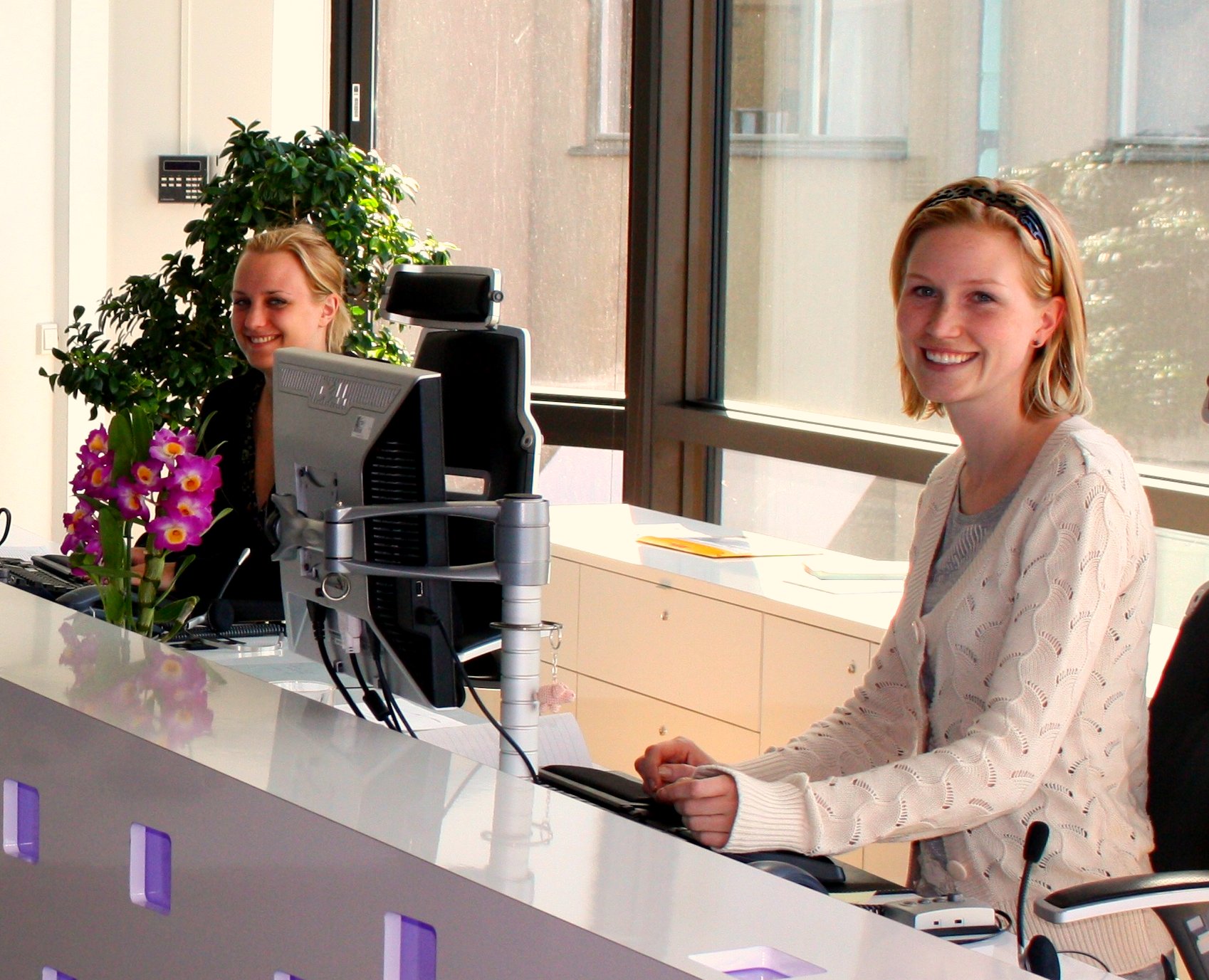Lifehacker
reader Gabriel Wyner was tasked with learning four languages in the
past few years for his career as an opera singer, and in the process
landed on "a pretty damn good method for language learning that you can
do in limited amounts of spare time." Here's the four-step method that
you can use, too (and you don't have to invest hundreds in a language
course like Rosetta Stone).
This is the method I've used to learn four languages (Italian, German, French and now Russian); it's the method that got me to C1 fluency in French in about 5 months, and I'm currently using it with Russian (and plan on reaching C1 equivalent fluency by September).
I go in
four stages. The stages will take different amounts of time for
different languages and depend on how much time you have available per
day, naturally. The US Foreign Service Institute makes estimates for language difficulties
for native English speakers, and they seem to be spot on in terms of
comparative difficulty—Russian seems to be taking twice as long as
French did for me, and they estimate languages like Chinese to take
twice as long as Russian. That being said, let's say we're talking about
a language like French, and you have 30-60 minutes a day to spend on
it, I've included estimates for how long each stage might take.
Stage 1: Learn the correct pronunciation of the language.
Time: 1-2 weeks (or longer for languages that have a new alphabet that will take some time to get comfortable with)
Starting
with pronunciation first does a few things—because I'm first and
foremost learning how to hear that language's sounds, my listening
comprehension gets an immediate boost before I even start traditional
language learning. Once I start vocabulary training, I retain it better
because I'm familiar with how words should sound and how they should be
spelled. (Correct spellings in French, for example, are much easier to
remember when there's a connection between the spelling and the sound),
and once I finally start speaking to native speakers, they don't switch
to English for me or dumb down their language, which is awesome sauce.
If you're
learning a language with a different alphabet, this is where you learn
the phonetic alphabet(s) (Kana, for Japanese or Pinyin for Chinese, for
example).
How do you learn pronunciation?
There are a
few routes here, and a lot of excellent online and in-print resources
(Pronunciation guides with CDs or mp3s are usually very good).
Personally, I think it's worth the (short) time to learn the
International Phonetic Alphabet (IPA) for the English language first (Wikipedia / some video tutorials I've been producing),
and then see what sounds are different in your target language. In the
process of learning IPA, you learn the components of each vowel and
consonant and you'll really understand what makes a French word sound
French, and a Chinese word Chinese.
Stage 2: Vocabulary and grammar acquisition, no English allowed.
Time:
About 3 months. This stage involves two different time commitments:
building your vocabulary and grammar flashcards and reviewing the deck.
This stage takes advantage of a few valuable tricks:
First, I'm using Anki,
a wonderful, free flashcard program that runs on smartphones and every
computer platform. Anki is a spaced repetition system, which schedules
reviews of flash cards based upon how often you've successfully
remembered a card. In the end, it helps you put a huge number of facts
in to your long-term memory very rapidly—you can typically learn 20-30
new words a day in about 30 minutes on your smartphone.
Second, I use a modified version of Middlebury College's famous language pledge—No
English allowed! I use pictures and whatever limited vocabulary I have
to build the rest of my vocabulary. By skipping the English, I'm
practicing thinking in the language directly, and not translating every
time I try to think of a word. This results in quicker learning and
better vocabulary retention over time, and a much faster transition to
comfortable fluency in the language.
Third, I'm
using frequency lists to guide my vocabulary acquisition. These lists
show the most common words in a given language, and learning those words
first will be the best use of your time—after 1000 words, you'll know
70% of the words in any average text, and 2,000 words provides you with
80% text coverage. It's not enough for fluency, but it's a pretty
phenomenal base!
Since I'm starting out with zero words, I have to go in a few steps:
- To save time, I start with a basic list of 400 words
that are common in English and extremely easy to picture - things like
man and woman, dog and cat, to run and to cook, etc. I find good (!)
translations of these and put them in my Anki deck without any English -
just the word and its picture.
- After those, I grab a frequency list
and mark off any remaining words I can portray with pictures alone
(basic nouns and verbs), and put them in my Anki deck. Once I have some
words to play with, I start putting them together. I use Google
translate (Exception to no English rule - just be careful there's no
English in your Anki deck) and a grammar book to start making sentences,
then get everything double-checked at lang-8.com
before putting them into my Anki deck. Fill-in-the-blank flashcards let
you drill your grammar and connecting words, and you can usually just
type these straight into Anki from your grammar book.
- As
vocab and grammar grow, I eventually move to monolingual (French -
French, for example) dictionaries and writing my own definitions for
more abstract words (again doublechecked at lang-8.com). This builds on
itself; the more vocab and grammar you get, the more vocab and grammar
concepts you can describe in the target language. Eventually you can
cover all the words in a 2000 word frequency list as a foundation and
add any specific vocab you need for your own interests.
- Most
people's eventual goals (by, say, the end of stage 4) will be
~2000-6000 words, plus around 1000 grammar cards, depending on how far
you want to go (Here, we're talking about words that are in your Anki
deck - you'll pick up a bigger passive vocabulary from reading). As a
very rough estimate, if you end up with ~5000 cards, it will take you a
bit less than 6 months to learn them with Anki if you're doing 30
minutes a day (half that if you do 60 minutes/day).
Stage 3: Listening, writing and reading work
Time:
This stage overlaps quite a bit with stage 2 and 4. Once you're
comfortable reading or writing anything, usually a month or two into
stage 2, you can start stage 3. Stages 3 and 4, the immersion part,
combined took me about 7 fairly insane weeks where I spent any free time
reading, watching TV, and writing.
Once I have
a decent vocabulary and familiarity with grammar, I start writing
essays, watching TV shows and reading books, and talking (at least to
myself!) about the stuff I see and do. Every writing correction gets
added to the Anki deck, which continues to build my vocab and grammar.
You should
read and watch anything that's enjoyable to you—it's more about quantity
than anything; I'm a big fan of the Harry Potter series in translation,
and dubbed versions of the TV series 24 are insanely addictive and not
that difficult to follow after the first few hours—you can literally
spend all day in front of the TV, and it's actually productive! As for
writing, you can (and should) write whatever you want—journals,
opinions, what you did today, your grocery list, anything. The goal is
to get something down on a page that you can submit to lang-8.com, get a
correction, and put that correction into your Anki deck.
Stage 4: Speech
At the
point where I can more or less talk (haltingly, but without too many
grammar or vocab holes) and write about most familiar things, I find
some place to immerse in the language and speak all the time
(literally). No English allowed or else you won't learn the skill you're
trying to learn, which is adapting to holes in your grammar or
vocabulary by going around them rapidly and automatically without having
to think about it). I prefer Middlebury college,
but if you don't have 7 solid weeks where you can cut ties to the rest
of the world and just speak the language, you'll still get a lot from
even a couple of weeks in your target country as long as you stick to
your target language and spend as much time as you can talking. There
are internet exchanges and Skype videochats that will absolutely help
you practice speaking, and if you surround yourself with foreign
language TV and movies, read books and videochat with people frequently,
you can sort of simulate the immersion experience on your own.
The more
intense you can make it, the faster your brain will adapt and learn how
to put all the info you learned in stages 1-3 together quickly enough to
turn into comfortable, fluent speech.














